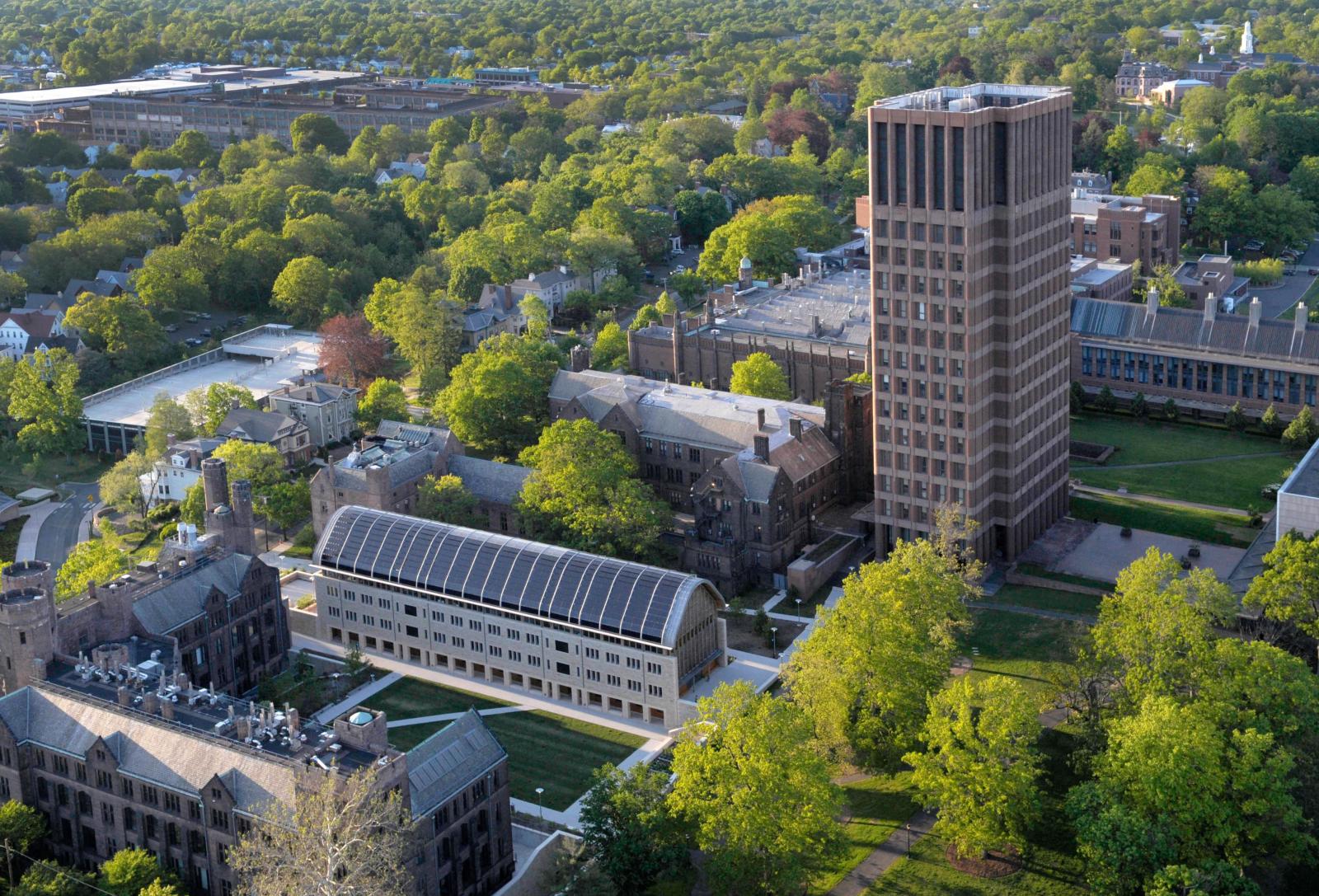You have /5 articles left.
Sign up for a free account or log in.
 Peter Salovey, president of Yale University, on Monday released a letter to the campus on the institution's priorities going forward -- and pledged a big push in science. In explaining the push, Salovey wrote, "Science can change -- and improve -- the world. The discoveries and new knowledge that emerge from our faculty members’ research will help solve some of the most pressing issues of our time. The physical sciences can help us learn to live sustainably. Advances in life science save lives. And technology allows us to pursue solutions we never would have dreamed possible even a decade ago." (Salovey pledged that the push in science would not come at the expense of other fields, and noted the importance of continued investments in the humanities, arts and social sciences.)
Peter Salovey, president of Yale University, on Monday released a letter to the campus on the institution's priorities going forward -- and pledged a big push in science. In explaining the push, Salovey wrote, "Science can change -- and improve -- the world. The discoveries and new knowledge that emerge from our faculty members’ research will help solve some of the most pressing issues of our time. The physical sciences can help us learn to live sustainably. Advances in life science save lives. And technology allows us to pursue solutions we never would have dreamed possible even a decade ago." (Salovey pledged that the push in science would not come at the expense of other fields, and noted the importance of continued investments in the humanities, arts and social sciences.)
One unusual part of Salovey's letter was that he noted a concern about some rankings of the university. While many college and university leaders regularly talk about their rankings and their goals for rankings, such talk is rare among those who lead institutions -- such as Yale -- that have the type of rankings many other institutions can only dream about. Here's what Salovey wrote: " I want to touch very briefly on rankings, although I share your nervousness about being overly reliant on what are far-from-perfect indicators. With our unabashed emphasis on undergraduate education, strong teaching in Yale College and unsurpassed residential experience, Yale has long boasted one of the very highest-ranked colleges, perennially among the top three. In the ratings of world research universities, however, we tend to be somewhere between 10th and 15th. This discrepancy points to an opportunity, and that opportunity is science, as it is the sciences that most differentiate Yale from those above us on such lists." (In the recently released Times Higher Education world rankings of universities, Yale was No. 12, and seven American universities ranked higher.)
Salovey elaborated that "science is the key variable in bringing Yale to the level where it belongs: in order to remain a great research university on the world stage, we need to invest further in Yale science. This ambition is not a matter of bragging rights; it is fundamental to our mission of educating leaders and improving the world."
Photo above right is of Science Hill at Yale.








